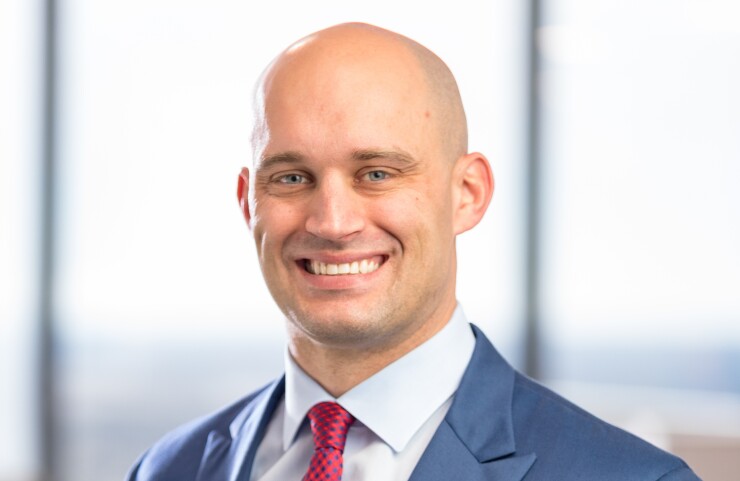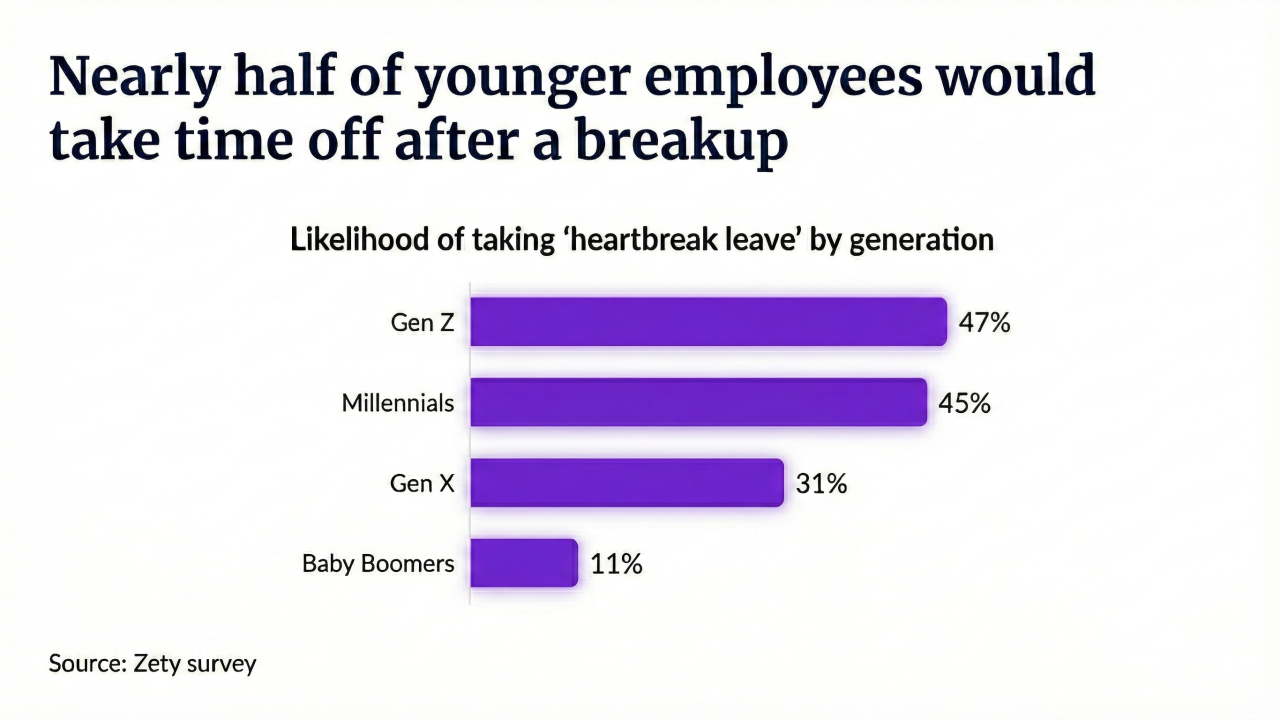Michael Hart, 35, has come full circle with his career, serving the same type of blue-collar workers that defined his childhood. After 13 years and five different states, he works just a few miles from where he was raised in a family that includes teachers and state workers in Oklahoma City.
Today, he’s still with American Fidelity, a benefits solutions company, having served in key roles in sales and new account development after starting as an account manager intern in 2006, covering northwest Arkansas.

Hart and his team were trying to lower their prices so they could compete with national insurance companies such as Aflac and Colonial Life. However, when they realized that competing on price against the industry giants was a losing proposition, they focused on enhancing their service which exceeded their clients’ expectations, Hart says.
“The message that I changed was I started to promise my customers that we would take care of them when they had the worst day of their life,” he says.
By building trust and client confidence, Hart has been able to succeed as an adviser. If you’re upfront with your clients they will recognize that you have their best interests at heart, he says.
Hart does not try to be everything to everybody, and colleagues respect that approach. “He realizes that American Fidelity is not the best fit for every situation and embraces it,” says Eric Silverman, principal and owner of Silverman Benefits Group. “He’s one of the most loyal
carrier guys I know.”
“I think the biggest thing you can do in life is to walk away from a deal when it doesn't make sense for both parties,” Hart says.

Hart has walked away from 10 deals, citing that they weren’t right at the time. “Most of them would have benefited myself and my company more than my clients,” Hart says. Those deals would’ve been short lived and Hart feared losing the clients in the future because it wasn’t a win-win situation, he says.
“Eight of those deals that I walked away from eventually led to deals with those same clients at a later date when the timing was good for both parties,” he says.
Looking at the future, Hart predicts that within the next five years the biggest shakeup in the industry will come from technology's impact on payroll deductions and its simplification of benefits offerings.
“Worksite benefits will be disrupted by billing facilitators who will connect with payroll departments that do not want to deduct employee benefits,” he says. “Carriers out there that refuse to get better at billing, well, they're going to lose.”
Hart likens the eventual simplification of the benefits to the experience of shopping on Amazon, the e-commerce giant. He notes that unlike Walmart, where a customer has to wade through dozens of products in multiple aisles, picking benefits will happen instantly from one’s phone.
“Instead of me having to make 20 decisions, I'm going to Amazon and do it right now and click, it's done,” he says.
Today, he’s back in Oklahoma running the U.S. brokers division and living in Edmond, a suburb of Oklahoma City. After 13 years in the business, Hart still has the same passion he started with.
“We serve a lot of blue-collar workers and most [of them] don't have enough money in savings for that existential emergency,” Harts says. “We want to make sure they're covered, that's always resonated with me.”





